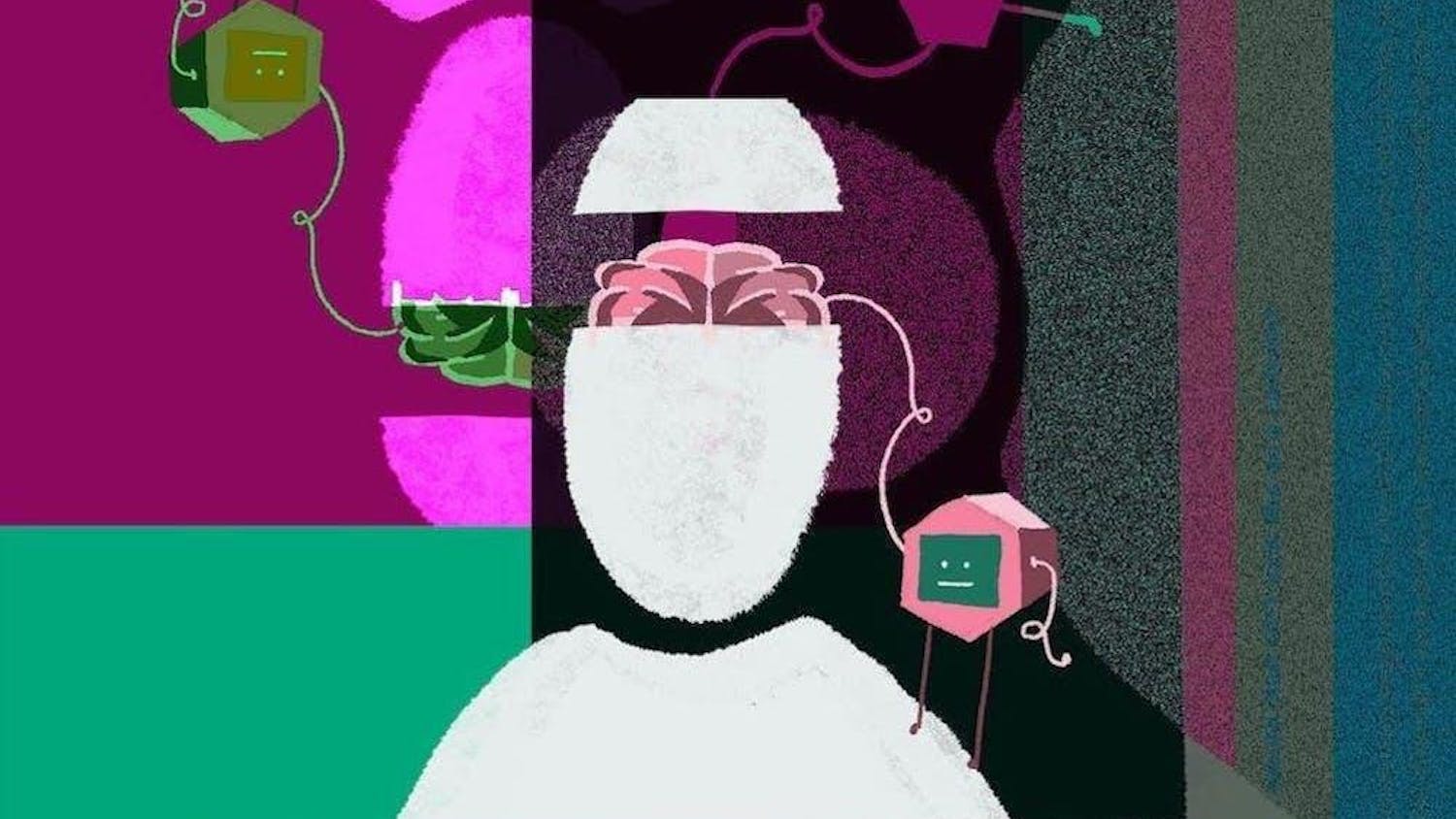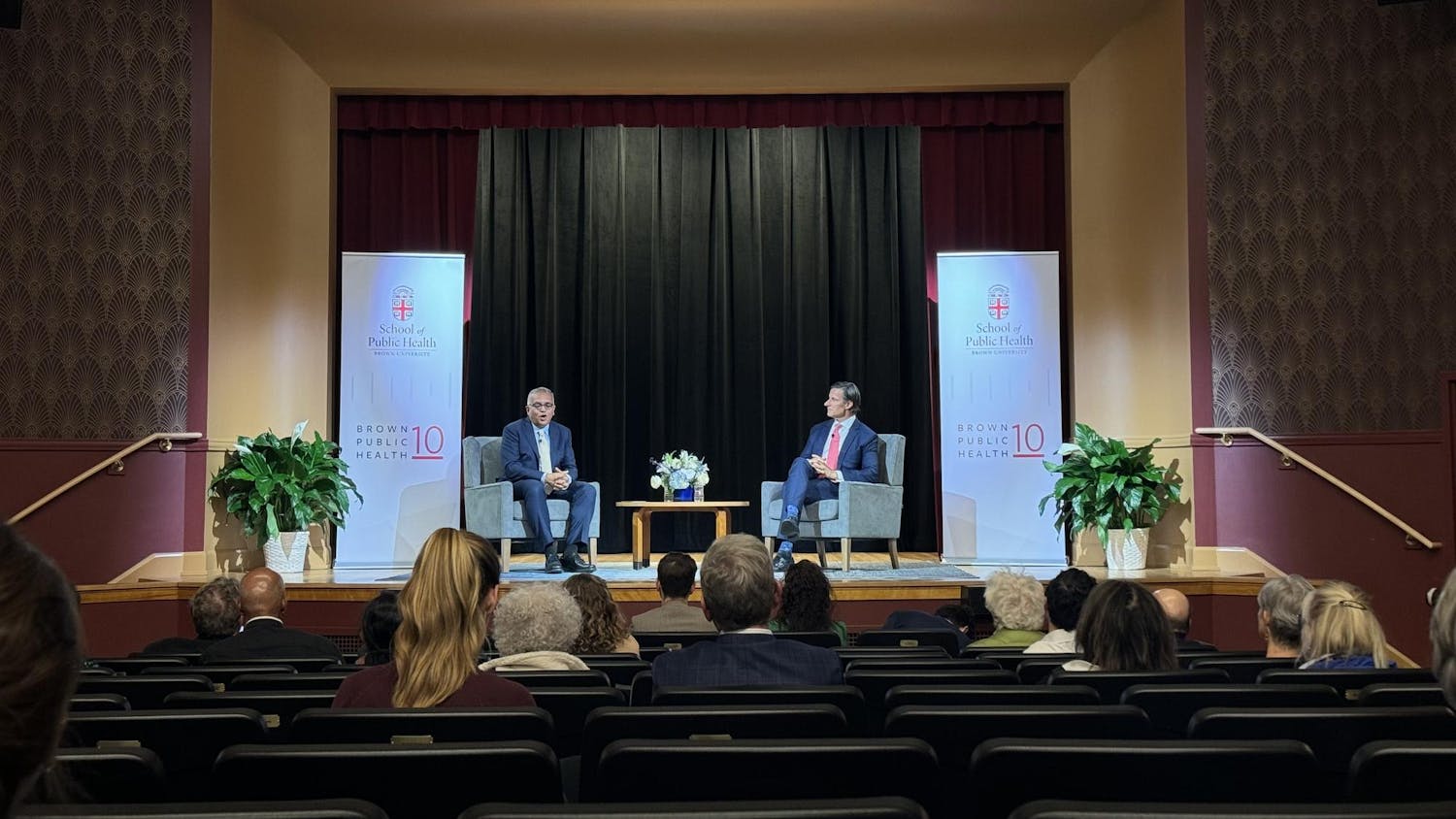At a recent conference sponsored by Rhode Island's Family Court, James Greer, clinical assistant professor of psychiatry and human behavior, and social worker Robert Hagberg, spoke about how trauma can affect the brains of young children.
Exposure to trauma in childhood can actually influence the way in which the developing brain is wired, Greer said. "Certain areas of the brain which are more related to language, rational thought and analytical thinking … those areas are relatively underdeveloped in the brains of children who experienced trauma."
This is because when a child is in a dangerous situation that calls for quick action, taking the time to think carefully and rationally could actually be a disadvantage. The brain instead develops in a way that is more responsive to high-stress situations.
But this means when the child is in a non-traumatic situation, the brain responds in the same reactionary way, which is often manifested as misbehavior. And while trauma is not always the cause of misbehavior — in fact, there are many cases in which other factors are responsible — the link between the two is "irrefutable," Hagberg said.
The problem with traditional treatments like psychotherapy is that young children often don't have clear memories of their experiences, so it is hard to discuss them, Greer said. And because a lot of them develop language disorders, talking will not get them very far. For this reason, psychotherapy and other methods, such as behavioral therapy and medication, "can be helpful, but not a solution, to the problem," Greer said.
Greer and Hagberg argued that physical techniques, such as occupational therapy and sensory integration approaches, are more effective treatments.
"Trauma lives in the body," Hagberg said. To get to that trauma, physical intervention is required. "We need to look at intervening in different ways than we have before," he said.
Hagberg and Greer are both involved in the Mind and Body Project, an initiative based on the belief that the brain cannot be healed without healing the body. The project relies on techniques such as yoga to promote overall wellness.
Greer and Hagberg said the effects of trauma on children cannot always be completely washed away but added that they are optimistic in believing their methods can help.
"The hard-wiring is never going to go away," Greer said, but "we can help them change the trajectory of their lives."




